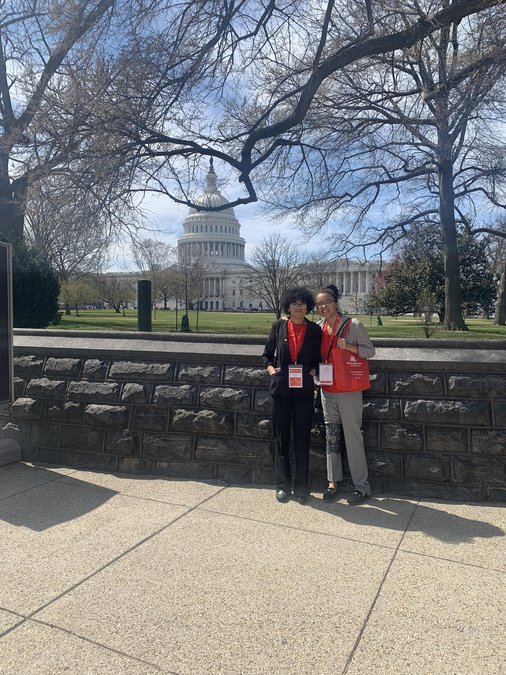On May 31, 2015, Kimmie Boyd suffered a brain related to a brain arteriovenous malformation, or AVM, which, according to the Mayo Clinic, is an abnormal tangle of blood vessels connecting arteries to the brain and impact less than 1 percent of the population.
South students raise awareness for rare brain conditions

